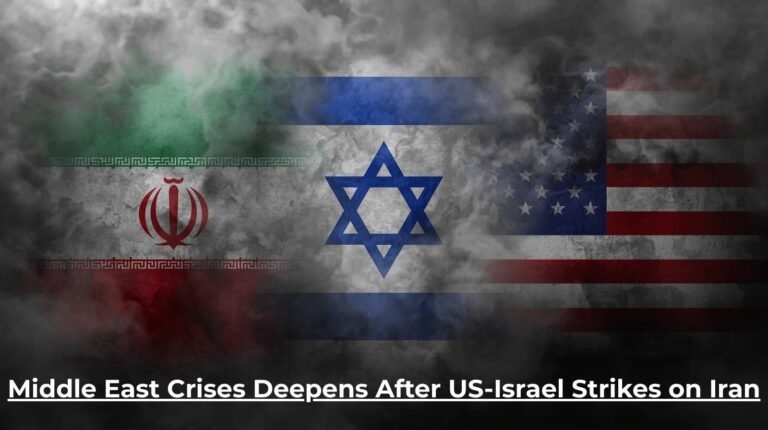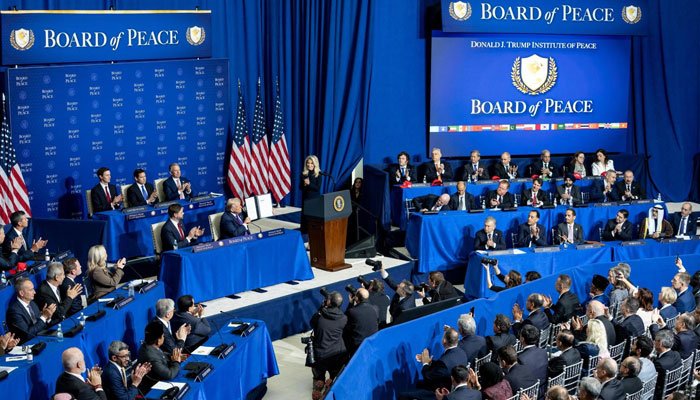Global Internet Speed Rankings 2025: Singapore Tops, Pakistan Still Catching Up. In today’s digital-first world, internet speed is no longer a luxury, it’s a lifeline. From streaming and gaming to remote work and virtual learning, fast and reliable mobile internet has become essential.
A new Worldwide Broadband Speed League 2025 report by Cable.co.uk—based on over 1.3 billion speed tests conducted between January and June 2025, reveals striking disparities in global mobile internet speeds.
Earlier, Starlink unveils affordable high-speed Internet plan. In a subtle yet impactful development, SpaceX has launched a new initiative called Starlink Community, aimed at making satellite internet more affordable by enabling multiple users to share a single Starlink dish.

Top 10 Countries with the Fastest Mobile Internet!
The rankings show Asia and the Middle East dominating the leaderboard. Singapore leads with lightning-fast connectivity
- Singapore – 278.4 Mbps (1GB download in 29 seconds)
- Hong Kong – 273.0 Mbps (30 seconds)
- Monaco – 261.5 Mbps (31 seconds)
- Switzerland – 234.3 Mbps (34 seconds)
- Denmark – 229.1 Mbps (35 seconds)
- South Korea – 224.7 Mbps (36 seconds)
- Romania – 218.8 Mbps (37 seconds)
- France – 213.6 Mbps (38 seconds)
- Thailand – 205.9 Mbps (39 seconds)
- United States – 201.3 Mbps (41 seconds)
These countries are reaping the benefits of advanced digital infrastructure, strong public-private investments, and early adoption of 5G technology. Their networks offer smooth, buffer-free online experiences for millions.
Where Does Pakistan Stand?

Despite increasing internet penetration, Pakistan ranks 79th globally in mobile internet speed, reflecting ongoing challenges in digital connectivity.
- Average mobile download speed: 55.4 Mbps
- Time to download 1GB video: Around 2 minutes and 10 seconds
With more than 130 million broadband subscribers, Pakistan has a growing digital user base, but mobile internet speeds remain far below global benchmarks.
While progress has been made in expanding 4G and rolling out 5G in select urban centers, much of the country—especially rural and remote areas—still suffers from low bandwidth and inconsistent connectivity.
Challenges Facing Pakistan’s Mobile Internet Growth

- Several factors contribute to Pakistan’s slower mobile internet speeds:
- Limited spectrum availability and regulatory hurdles
- Underdeveloped telecom infrastructure in rural regions
- Frequent power outages that disrupt network performance
- High taxation on telecom services and devices
- Urban-rural digital divide, with rural areas often underserved
Despite these challenges, Pakistan’s fixed broadband sector shows promise, ranking higher at 67th globally, with average download speeds of 47.3 Mbps.
A Deepening Digital Divide
The report also highlights a growing global digital divide. In many African countries, where mobile speeds remain below 10 Mbps, downloading 1GB can take 15–20 minutes.
By contrast, top-ranking nations complete the same task in under 30 seconds.
Some key observations:
- The UAE, once lagging, is now an emerging internet leader, with speeds in Abu Dhabi increasing 100-fold since 2012
- The United States, despite its vast tech economy, ranks 10th, behind several smaller but more digitally agile nations
- China, a powerhouse in digital innovation, ranks 17th, showing economic might doesn’t always equal internet speed
Why Internet Speed Matters
- Internet speed is now a key indicator of national digital health. It directly impacts:
- Remote work efficiency
- Access to digital education
- E-commerce and financial transactions
- Digital healthcare services
- Startup ecosystems and innovation readiness
As AI, cloud computing, and virtual platforms become mainstream, reliable and fast internet will separate digital leaders from laggards.
The Road Ahead for Pakistan

To improve its mobile internet standing, Pakistan must address systemic issues:
- Accelerate 5G deployment beyond major cities
- Invest in fiber-optic backbone infrastructure
- Promote affordable internet access through subsidies and tax reforms
- Enhance collaboration between government, telcos, and tech innovators
- Digital literacy programs to bridge usage gaps, especially in rural areas
The potential exists. Pakistan’s young, tech-savvy population could power a digital revolution—if the infrastructure can keep pace.
Here’s the Conclusion
The 2025 Broadband Speed League reveals more than just rankings—it reflects the evolving digital landscape and the urgency of inclusive connectivity.
For countries like Pakistan, faster internet isn’t just about convenience—it’s about education, employment, innovation, and opportunity. As the world races toward digital transformation, internet speed is fast becoming a benchmark of national progress.








